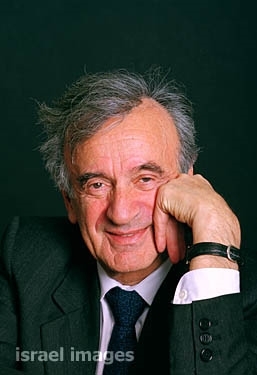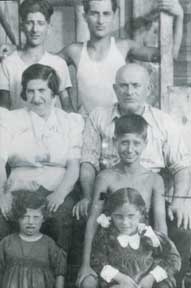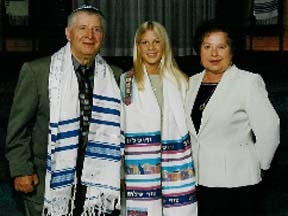Being a hero can mean many things. Those who become heroes do not always have the intention of becoming one. Some heroes are forced into situations where they act merely out of survival. A diagnosis of cancer can inadvertently create a hero. Patients with diseases do not plan on being diagnosed, yet their behavior can still be heroic. Some people donate money to foundations that are searching for cures to diseases, which is also heroic. The difference between the unintentional victim and the intention able donator is their control over the situation.
 |
| Elie Weisel (Israel Images) |
Elie Wiesel is a good example of a survivor hero. Elie Wiesel was born on September 30, 1928 in the small town of Sighet in Transylvania. His family always believed in family, God, and faith, among many things. After the Nazi regime had boarded off his village into a ghetto, he questioned his foundational beliefs. Once it became obvious that the Nazis had violent intentions for the Jews, Elie became worried. The inhabitants of his village in Romania were deported to Poland in 1944. He endured many unimaginable hardships along the tracks leading to the camps. He was sent to Auschwitz, Buna, Buchenwald and Gleiwitz. He witnessed the largest systematic destruction of a single group of people. He was torn from his mother and two sisters. He watched as his family was ripped apart at the hands of the hateful Nazis.
After the liberation in 1945, he was sent to a French orphanage. In 1948 he began studying in France at the Sorbonne. Wiesel mastered the French language and studied philosophy, while supporting himself as a choir master and teacher of Hebrew. Today, Wiesel has published over 30 books. In 1978, President Jimmy Carter appointed Wiesel Chairman of the United States Holocaust Memorial Council. In 1985 he was awarded the Congressional Medal of Freedom and, in 1986, the Nobel Prize for Peace. Wiesel is a personal hero because my grandfather also survived the Holocaust.
 |
| Kaltman Family (Simon Kaltman) |
My grandfather, Simon Kaltman, grew up in Lodz, Poland. Like Wiesel, my grandfather also admired his family for their strong beliefs in faith and God. After spending four years imprisoned in the Lodz Ghetto, his family of six was ripped apart. Moments after arriving at the concentration camp, the men split from the women. His mother and two sisters, Yaja and Rose, went right, and he, along with his two brothers and father, went left. The men lived, and the women died. My grandfather survived the Auschwitz Concentration camp, and Dachau, Birkenau, and Treblinka. Today, my grandfather is 76 and it still haunts him when he was sent to the line without his mother and two sisters. Both my grandfather and Elie Wiesel have made a difference in the world. These two heroes survived something so terrible, so unfathomable, that no one can say they understand unless they too experienced it. I am fourteen, and my so were Elie and my grandfather when their towns were occupied by the Nazis. I can not imagine losing my father and brother. Wiesel and my grandfather both find the strength to tell the horrors of the nightmare that engorged their childhoods. They keep the reality alive that the Holocaust happened. They are the faces of the Holocaust.
 |
| Me and my grandparents (Elana Grubbs) |
Elie Wiesel is a survivor hero. All of the concentration camps he was sent to, where he witnessed millions of people being murdered by gas chambers, gunshots, hunger and disease could not destroy his faith in humanity. He survived losing his family. The loss of his father was extremely hard for him. Wiesel and his father were able to stay together through the "elimination lines" and live together in the camps. In the last months of the war, Wiesel's father succumbed to dysentery, starvation, exhaustion and exposure. The last member of Wiesel's family died in his arms, leaving him alone. It can be said that a part of all of us died with the nine million who died in the Holocaust. However, because Elie Wiesel lived through the horrors himself, and has prospered to enlighten millions of young adults about his story, he is one of my survival heroes. He did not choose to be a Jew in 1944. He did not choose to be in the Holocaust, he is a hero because he survived something completely out of his control.
Page created on 1/24/2010 12:00:00 AM
Last edited 1/24/2010 12:00:00 AM
